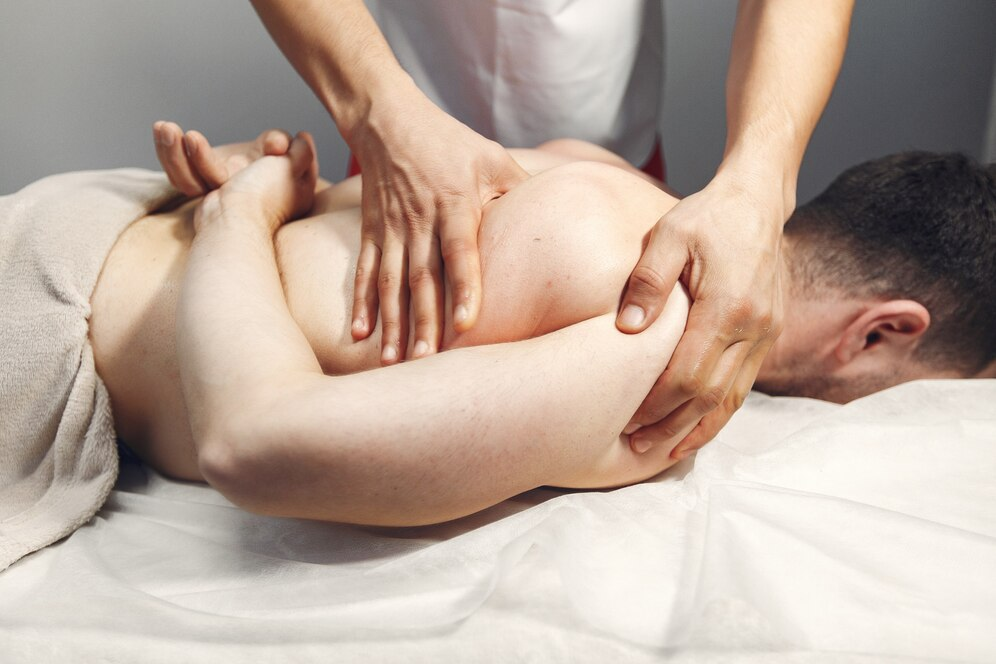Discover Your Perfect Healer Today!
Our online practitioner directory connects you with a wide range of healers to suit your unique needs.
Easily search and find the right professional to support your wellness journey.
Start exploring today to find your perfect match.
Modality
Disease
Books
Products
Events
Training
Blogs
Reiki Healers
Finding the Perfect Reiki Practitioner: A Comprehensive Guide
Reiki is one healing experience in which the selection of the right practitioner is very important. This is an energy-based therapy, and one needs a ...
Read More → Written by
John Smith
Aesthetician
Debunking Myths and Misconceptions About Aestheticians
Aestheticians have been considered to play an enormous role in skin care, and there is so much misconception going around about their profession. Those supposing ...
Read More → Written by
James Williams
Homeopathy
Is Homeopathy a Cure for Mental Issues?
Can homeopathy cure mental illness? Many individuals pose this question while exploring non-traditional ways of treating psychiatric disorders. About 200 years ago, a medical system ...
Read More → Written by
James Williams
Reflexology
Does Reflexology Really Work? Unraveling the Truth
Reflexology is an alternative medicine technique that involves applying pressure to certain points on the hands, feet, and ears. These are believed to correspond with ...
Read More → Written by
John Smith
Meditation
Key Concepts and Techniques for Practicing Meditation
Meditation was born as a primal exercise that has a long history of promoting calmness in the mind, stress-free nature, and crystal-clear thinking. Whether you ...
Read More → Written by
John Smith
Supporting Page
Ultimate Guide: What is the Best Type of Yoga for Beginners
Yoga has recently gained a lot of popularity attracting people of different ages irrespective of their fitness level. There are various types of Yoga and ...
Read More → Written by
Michael Johnson






